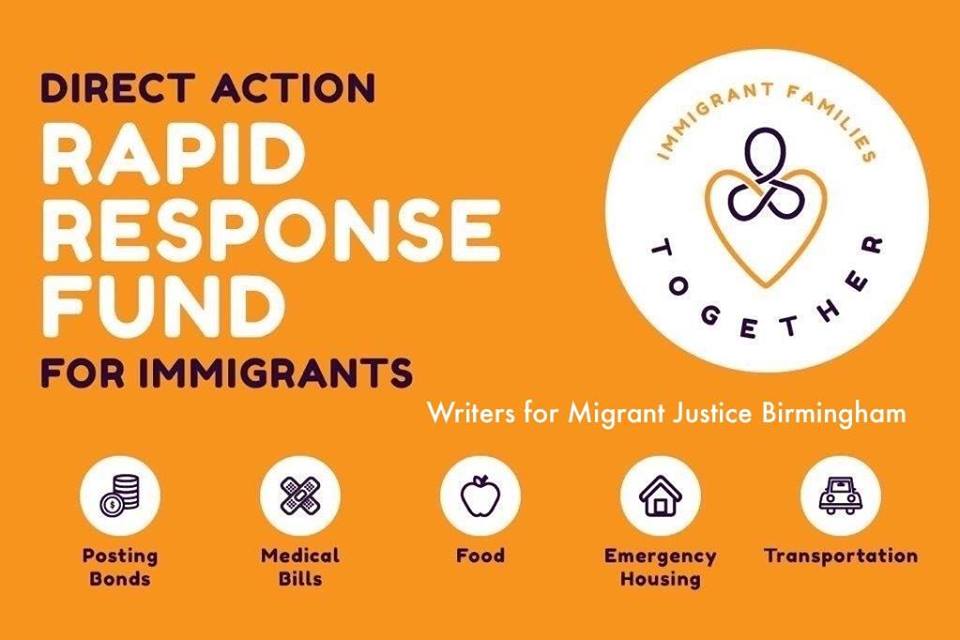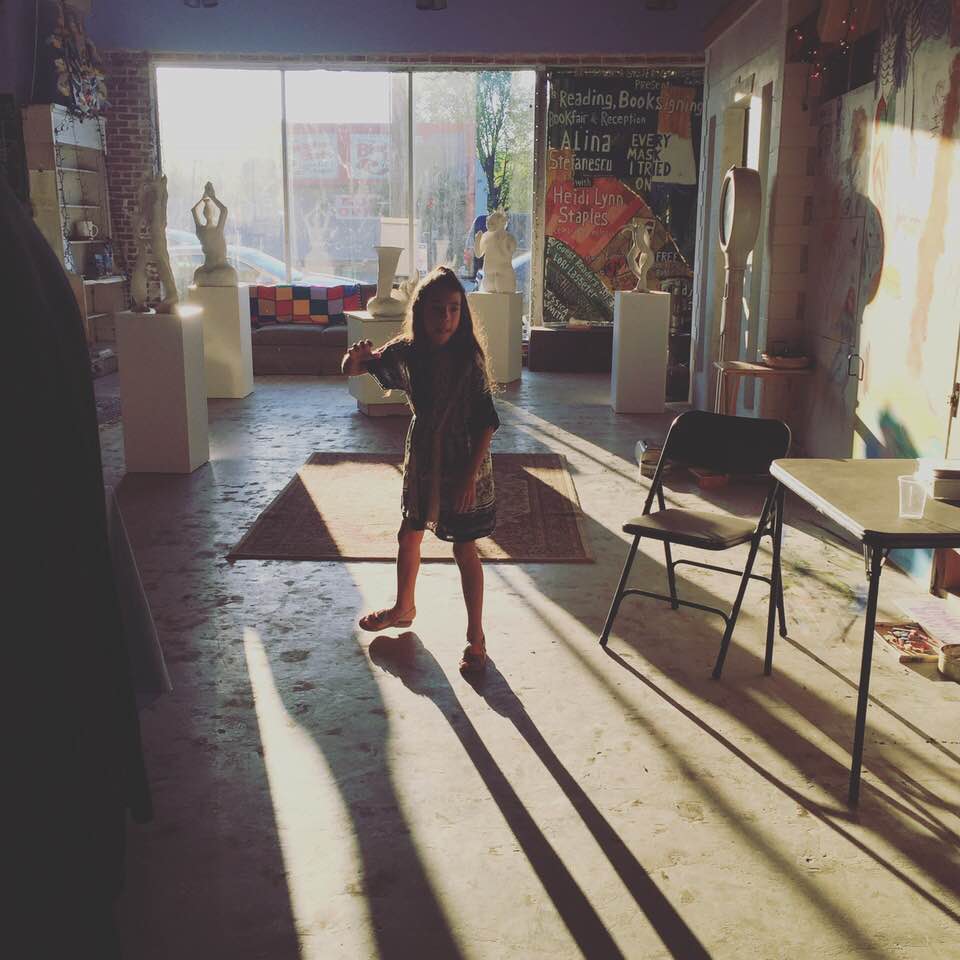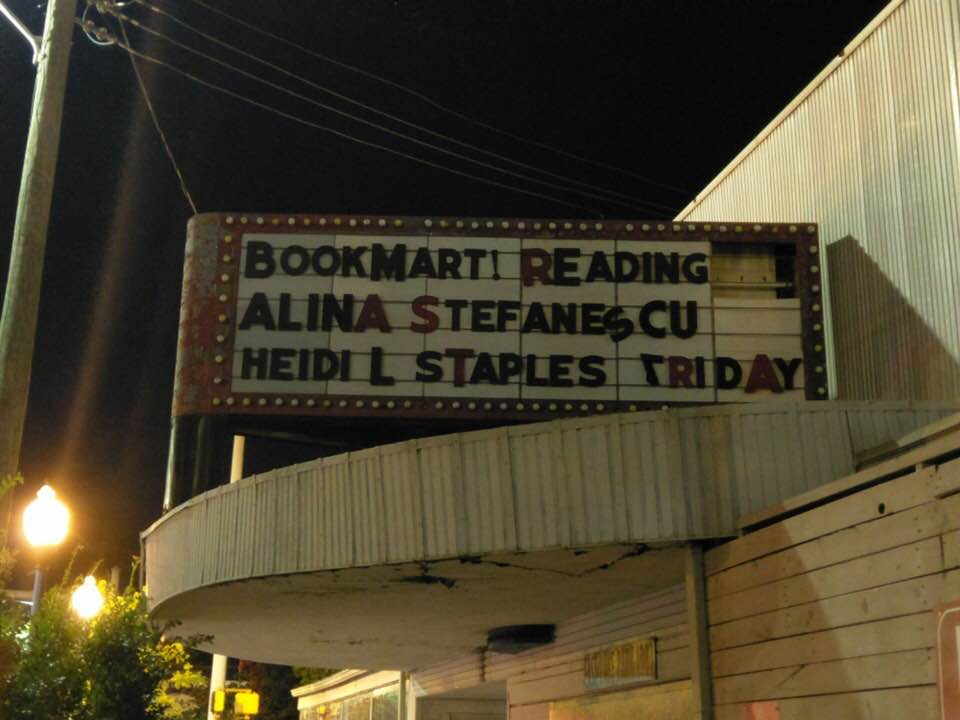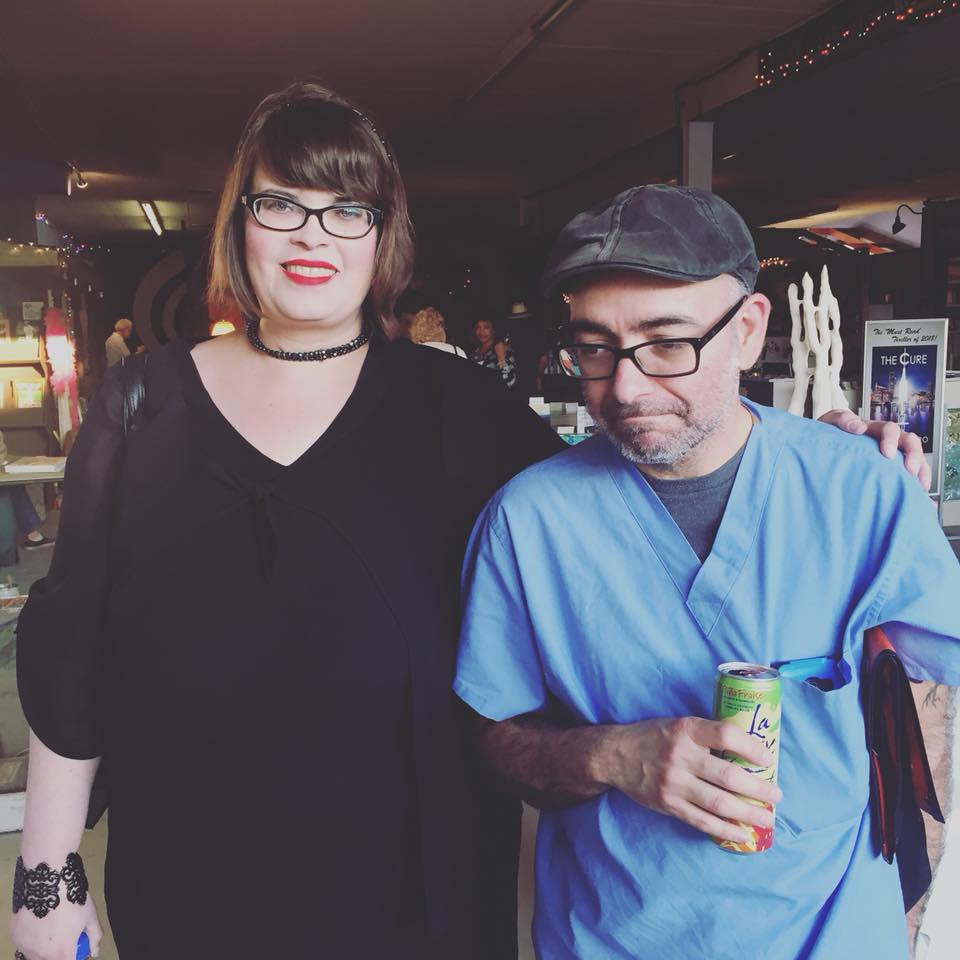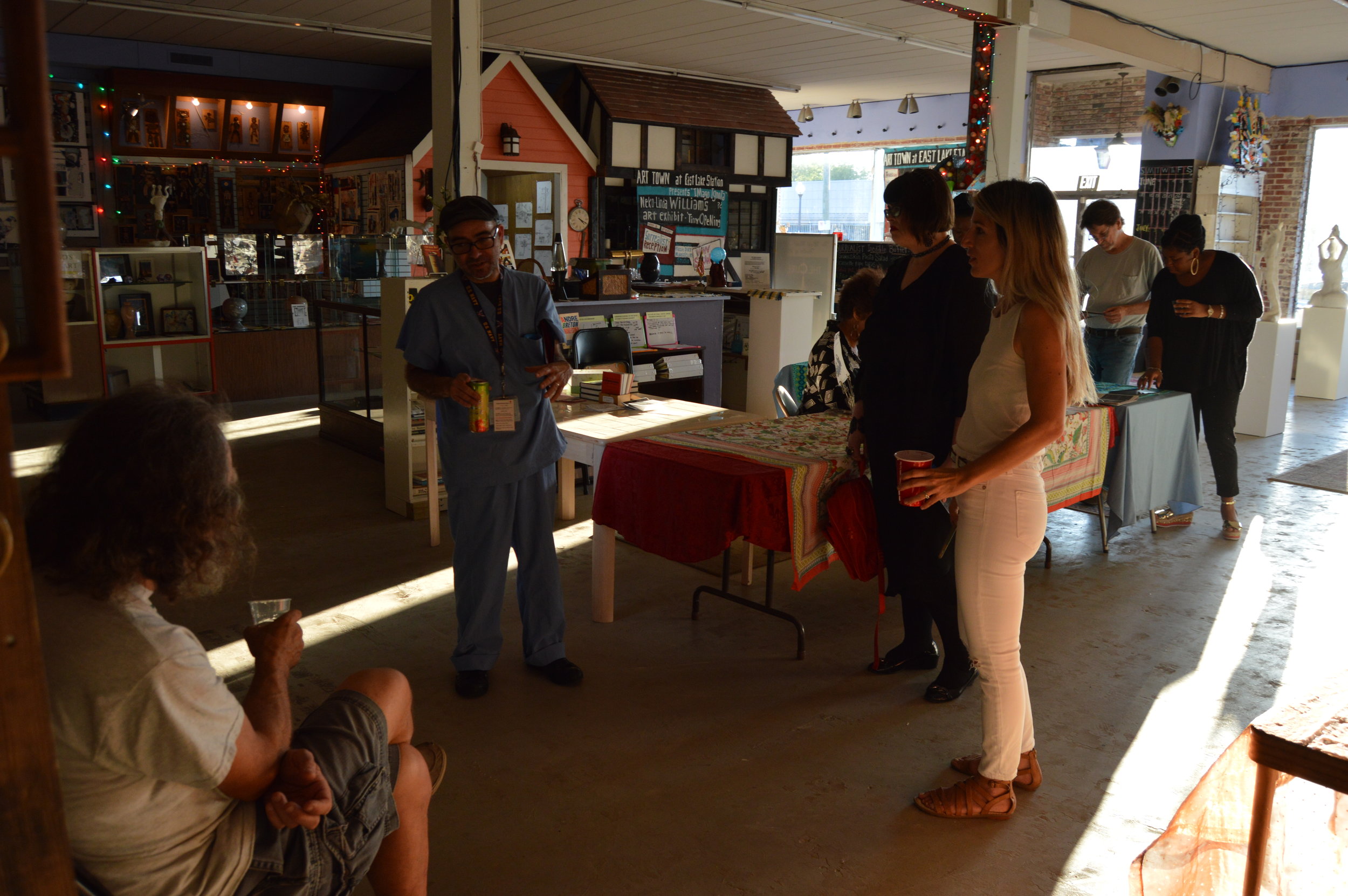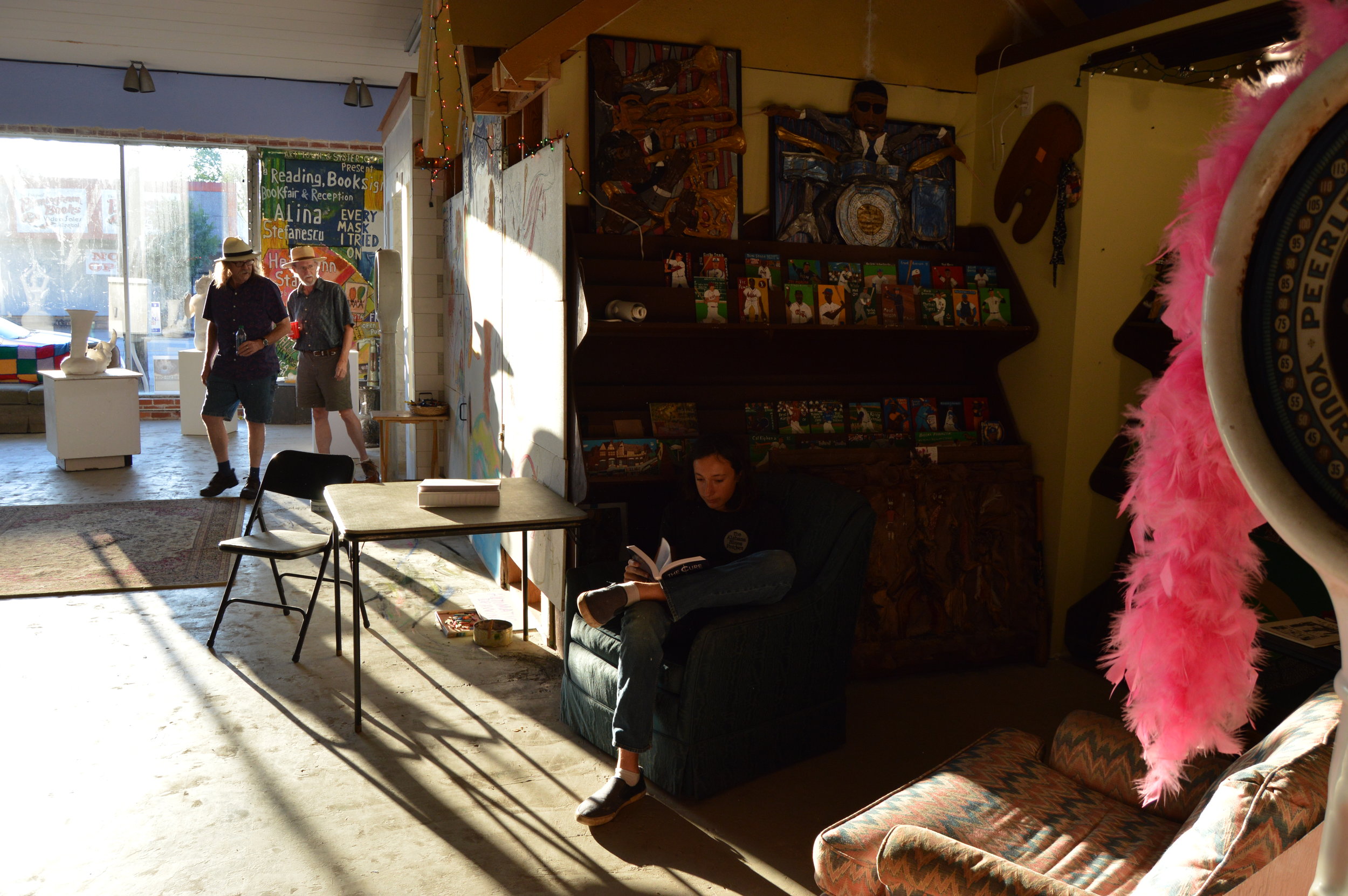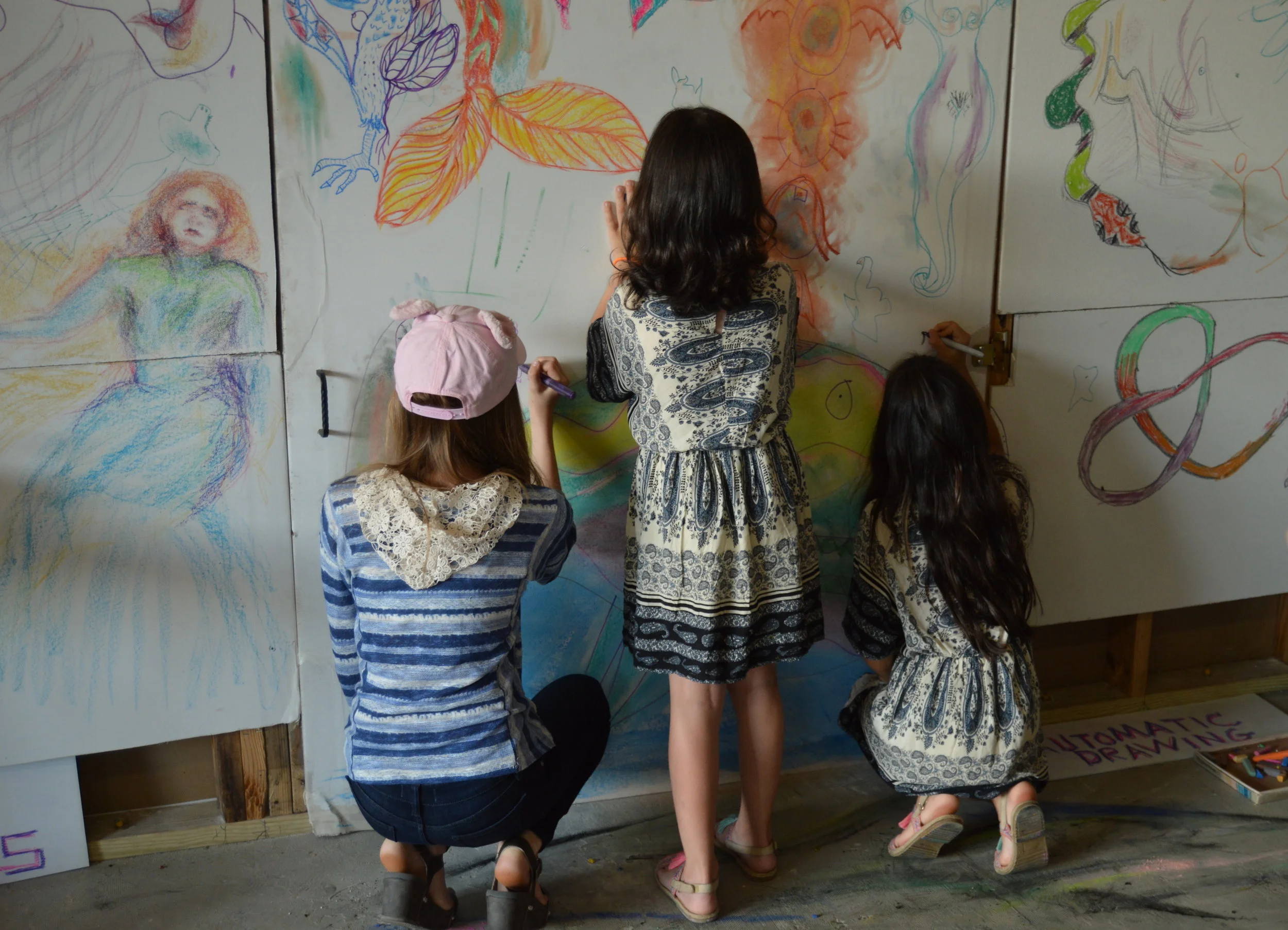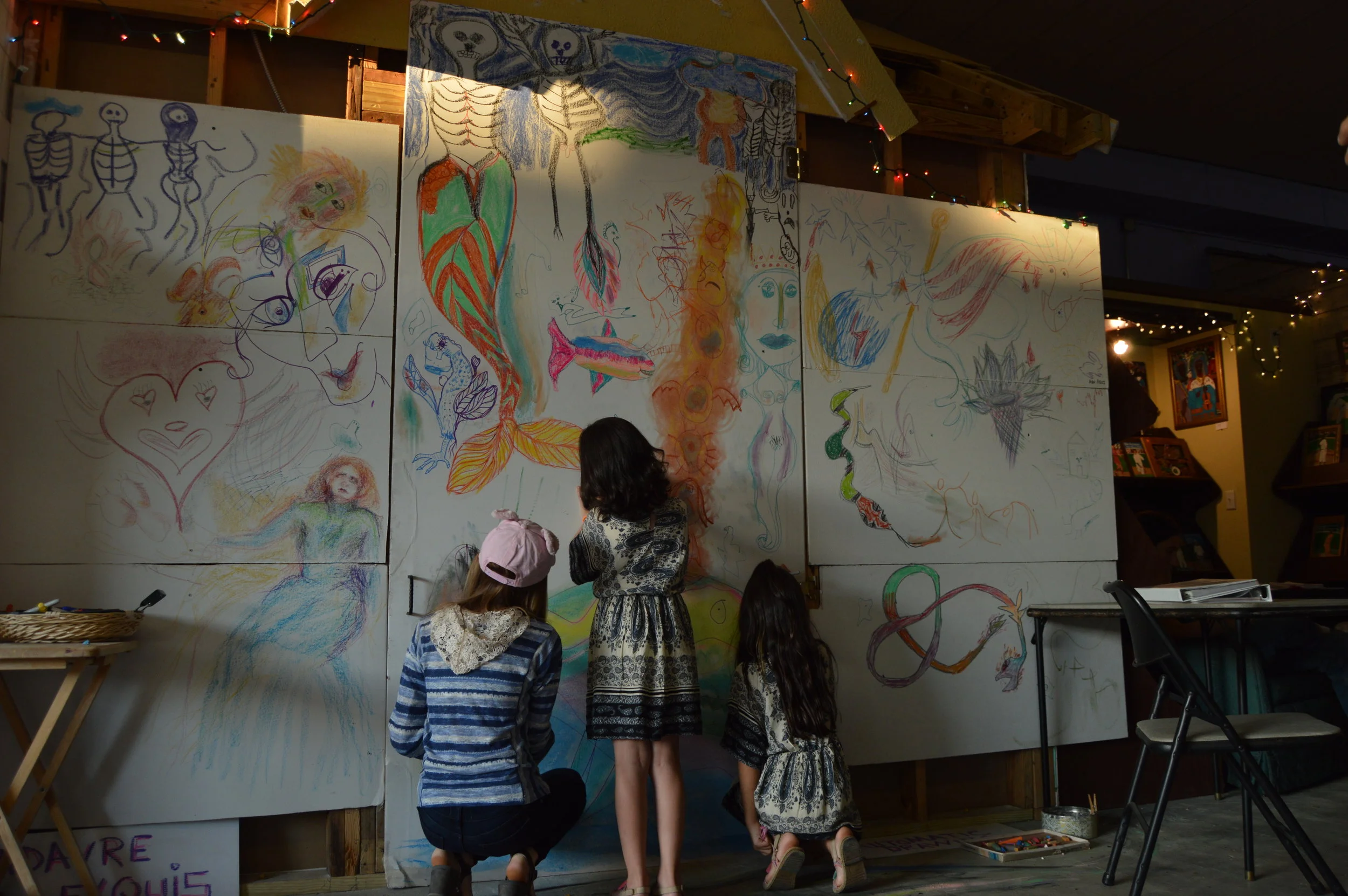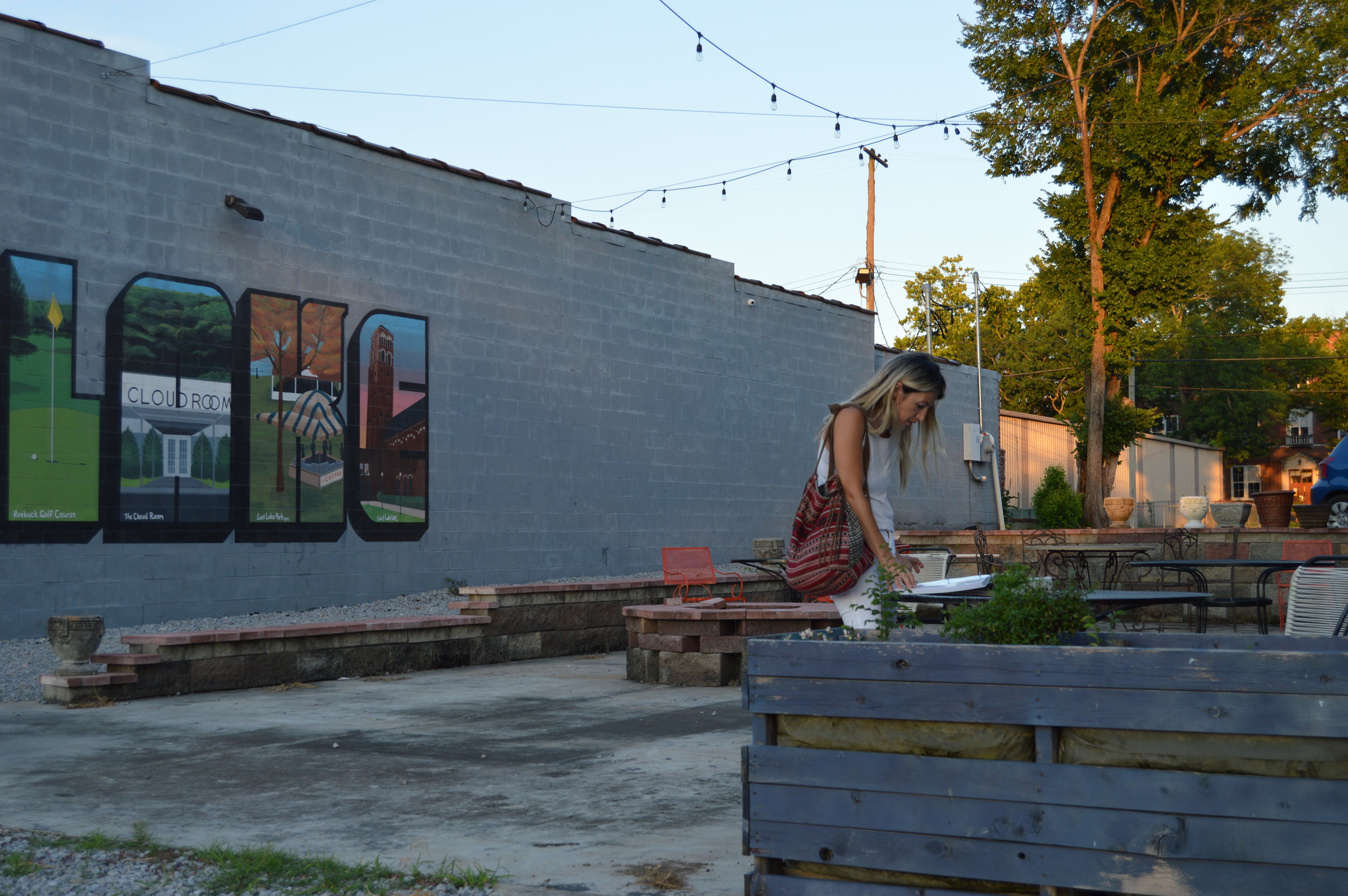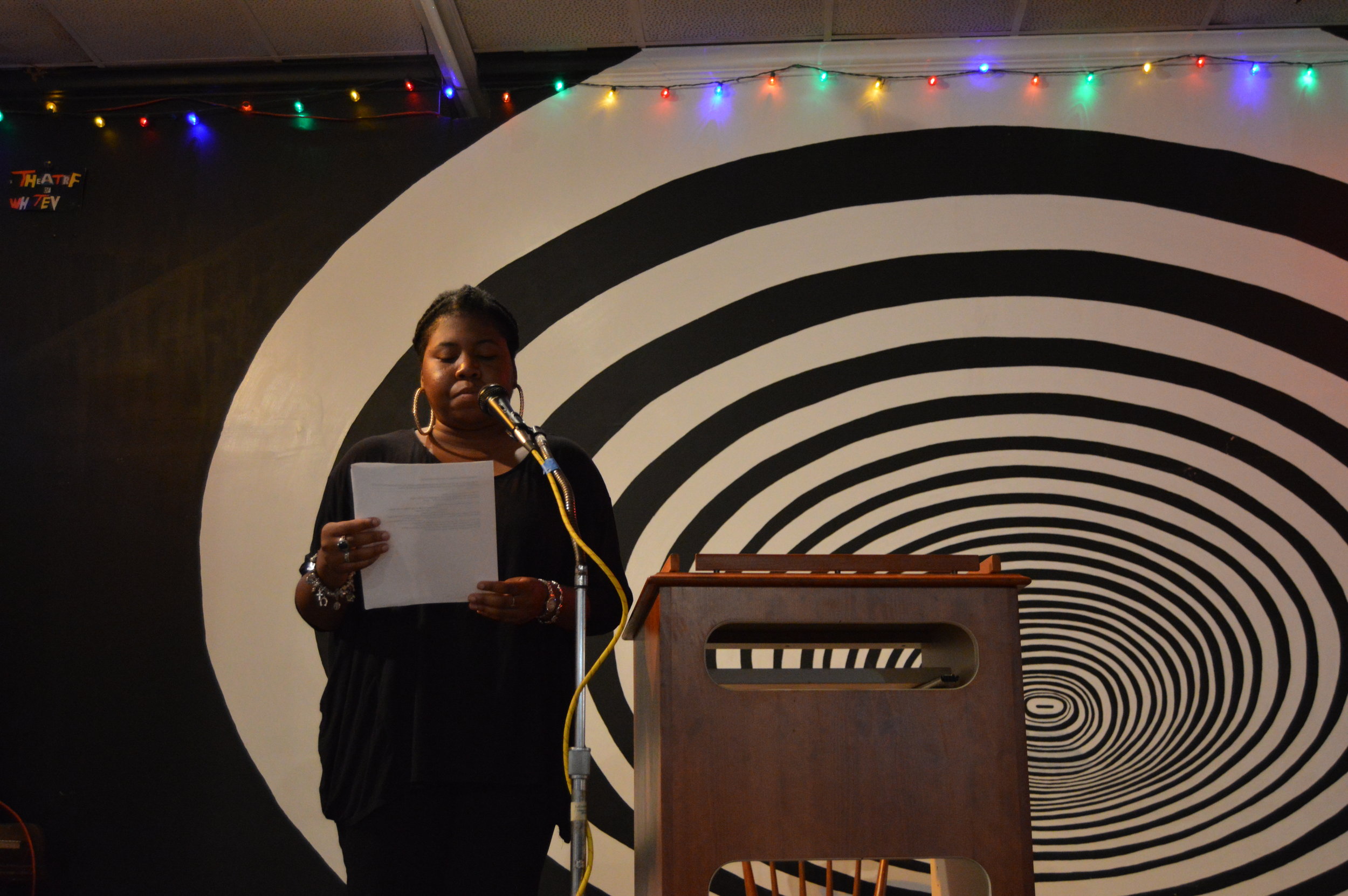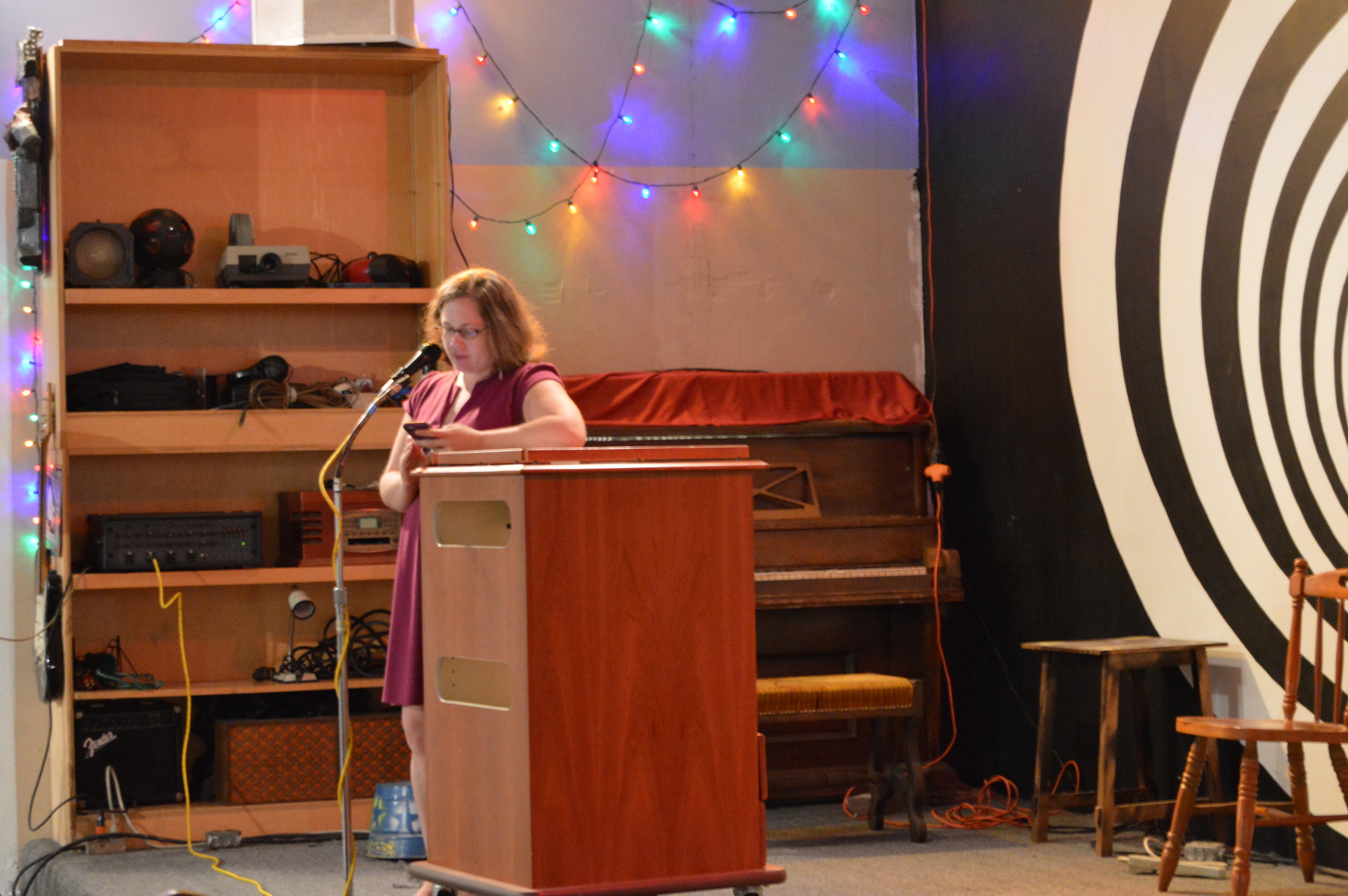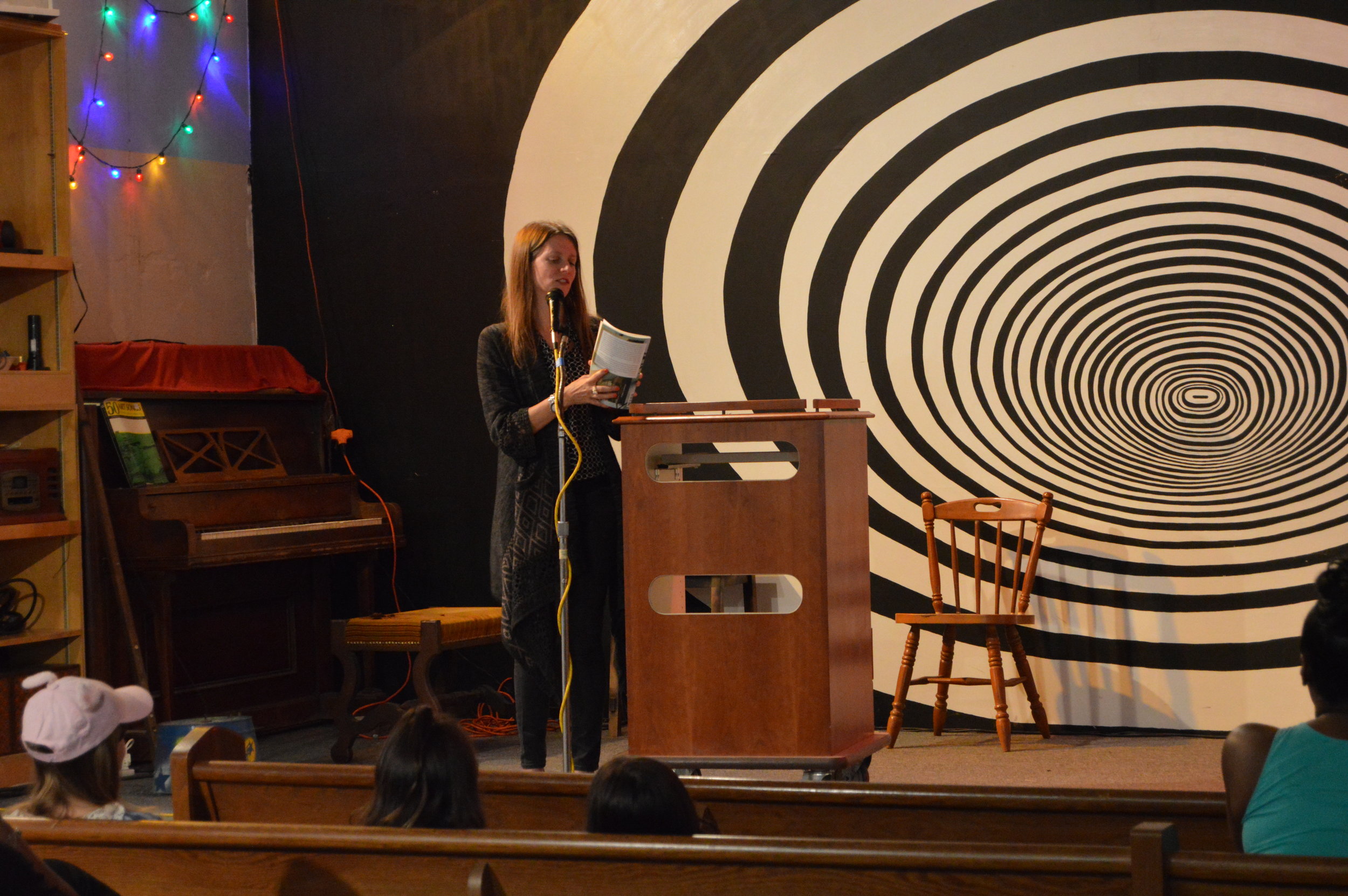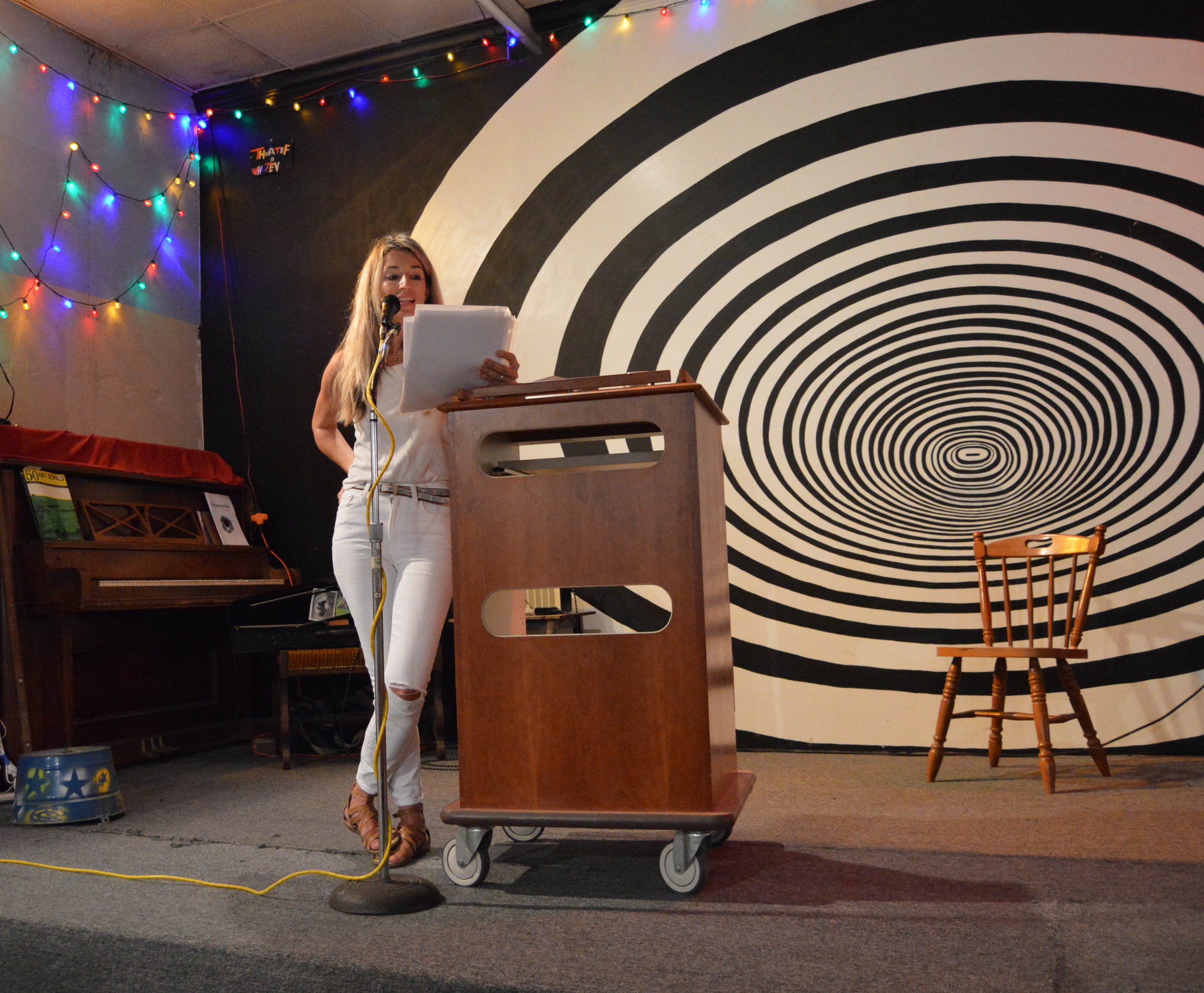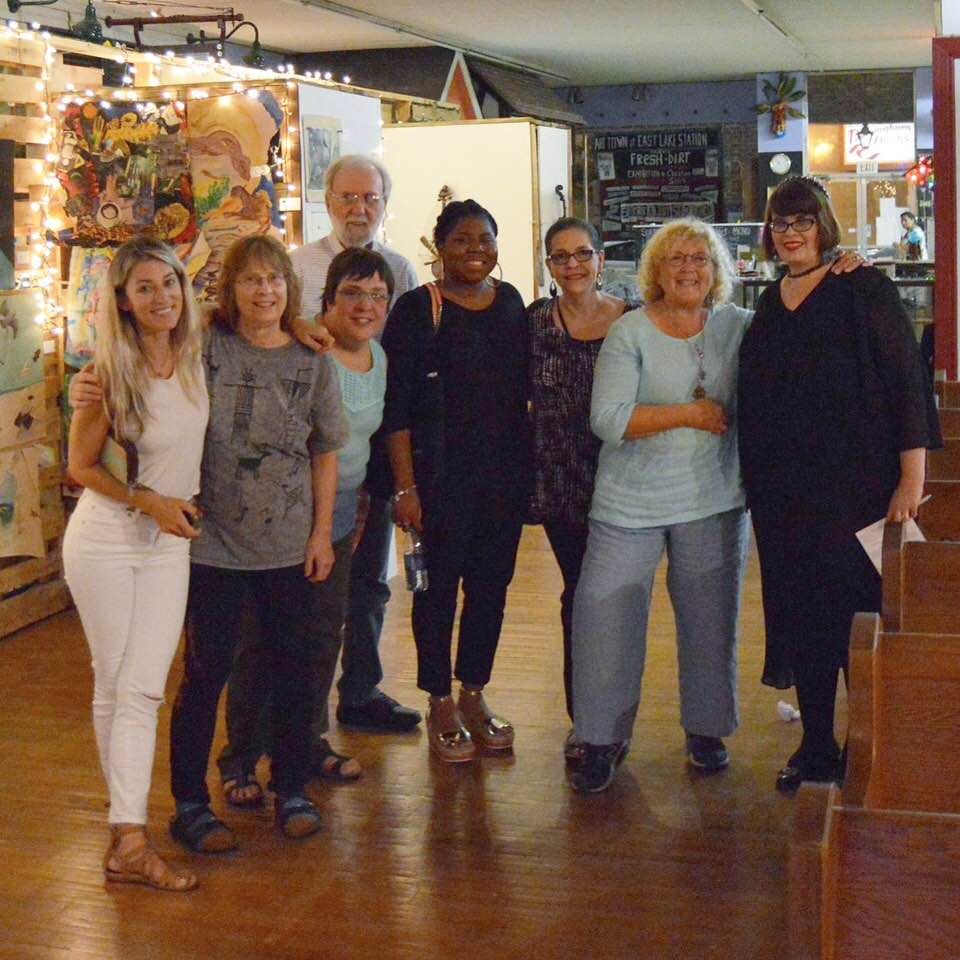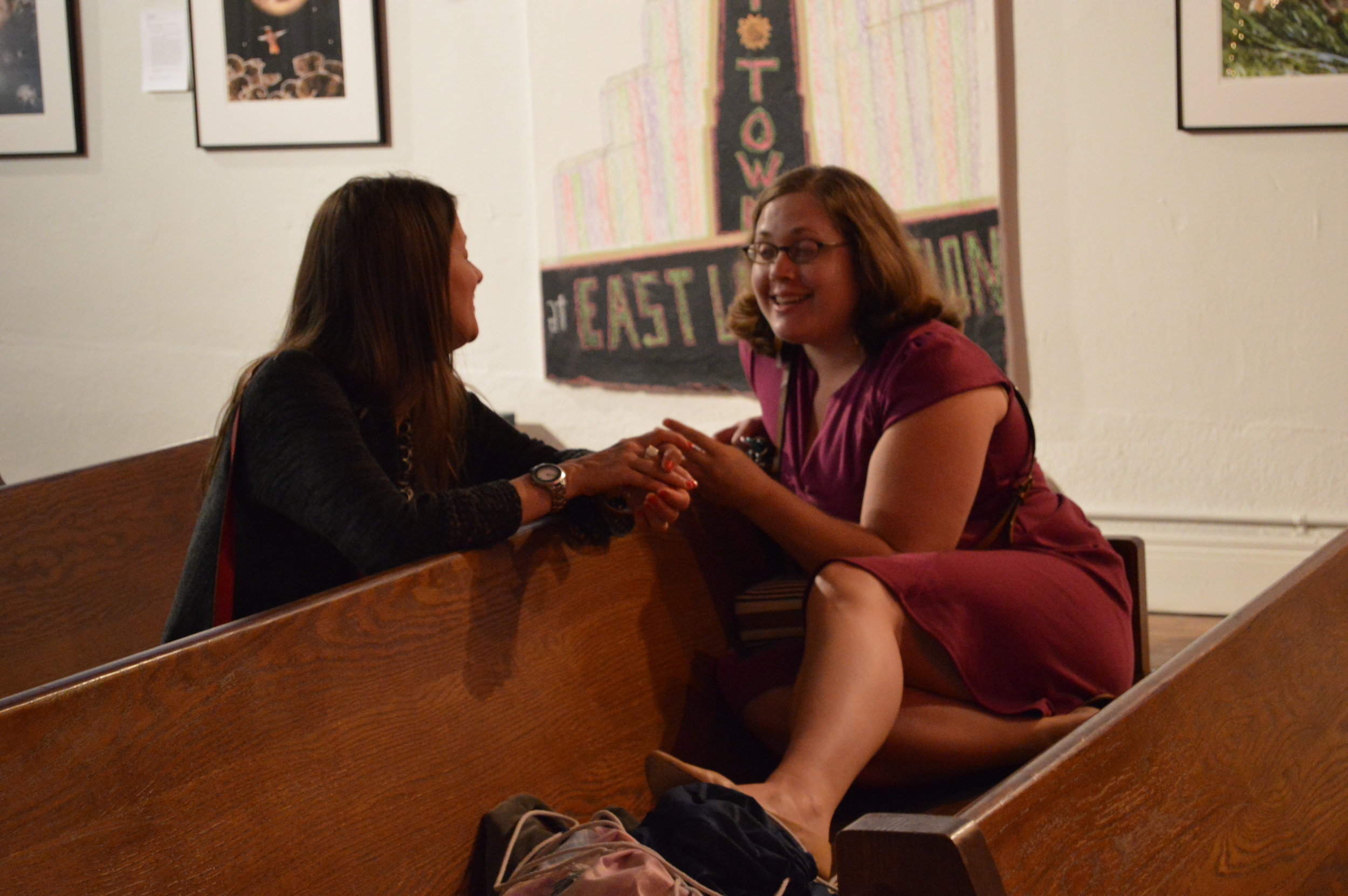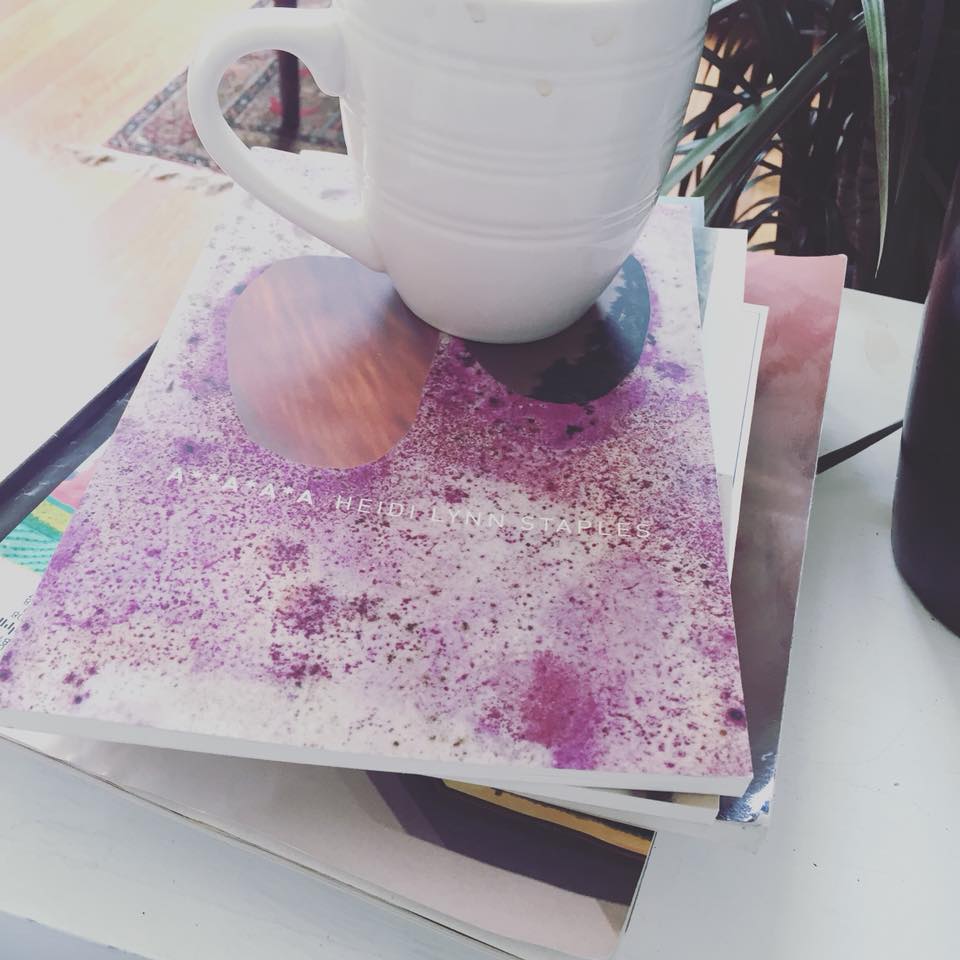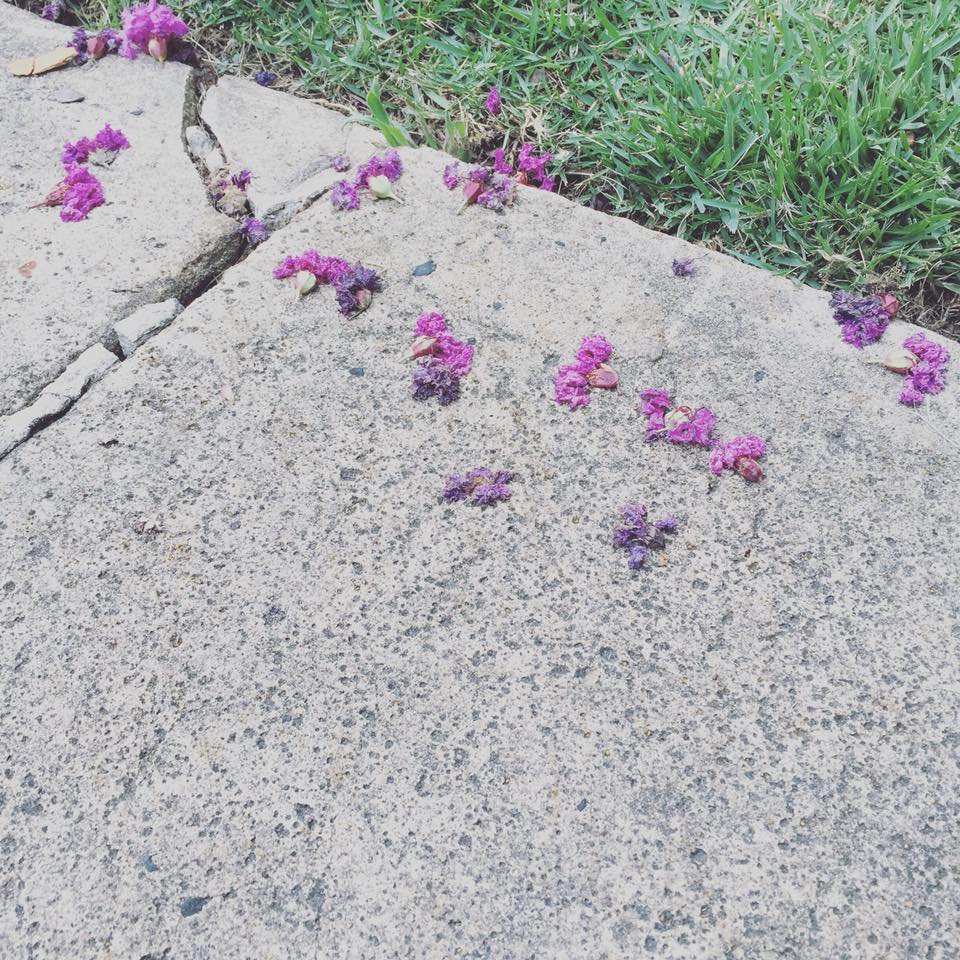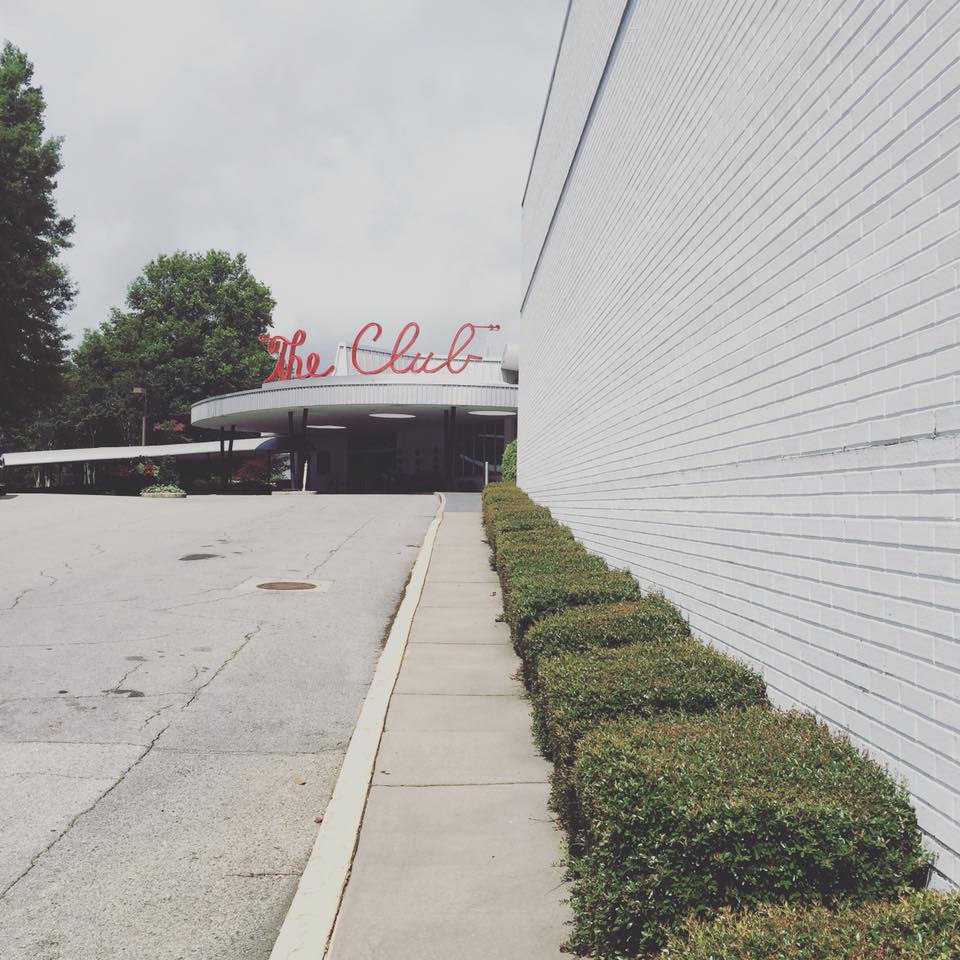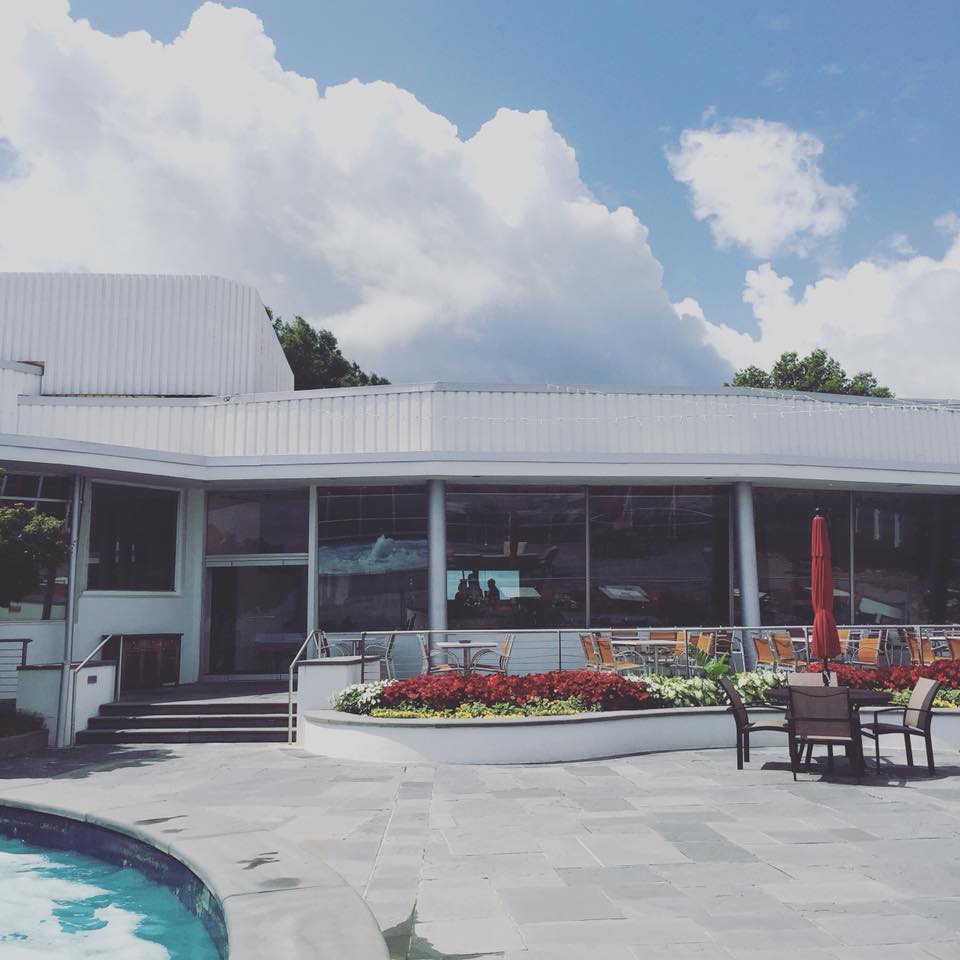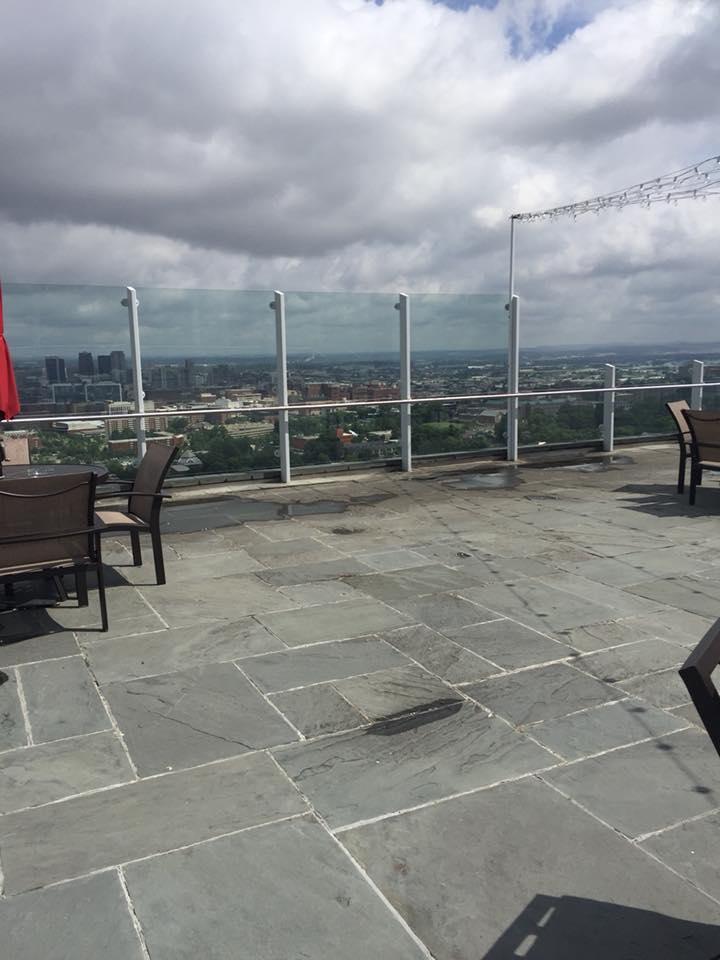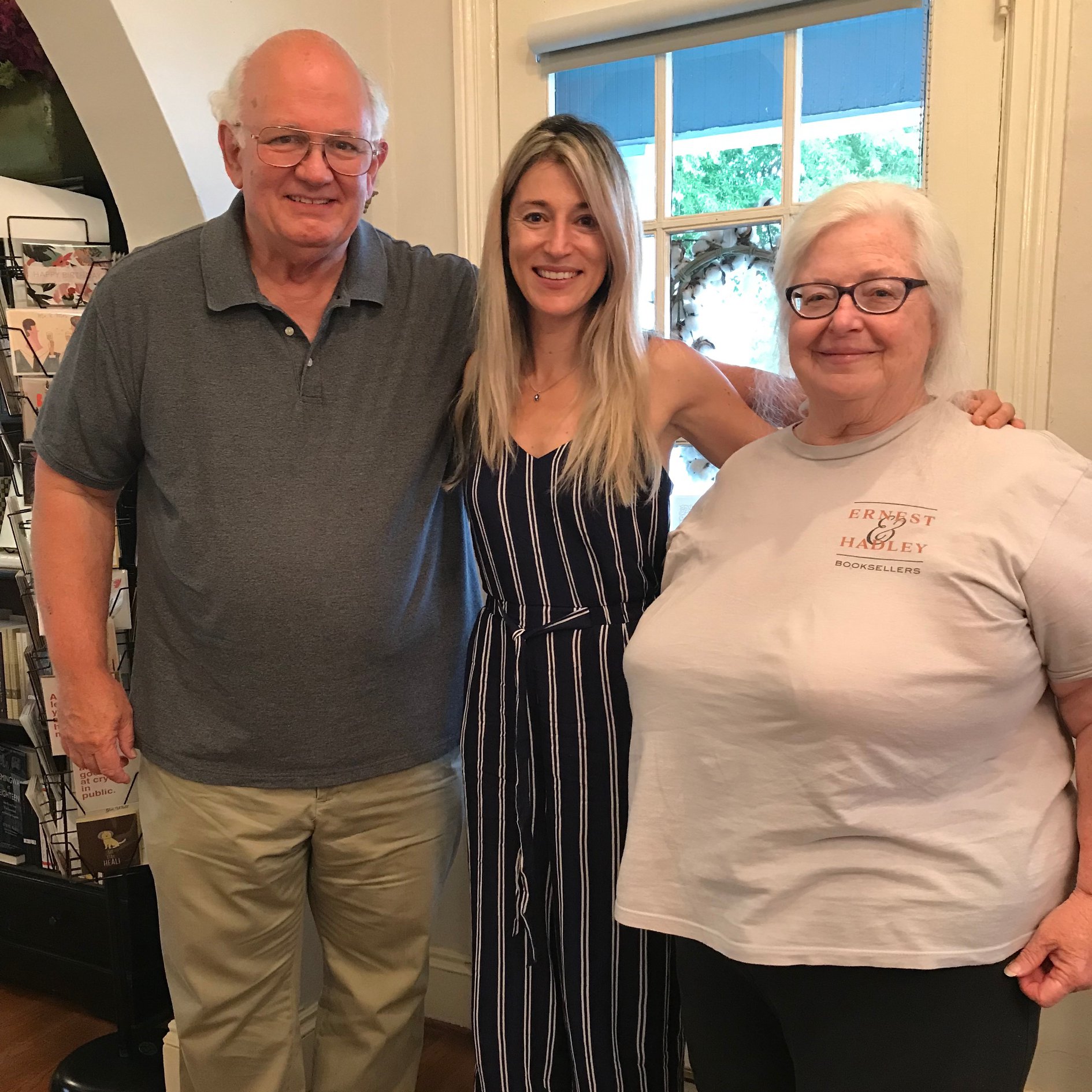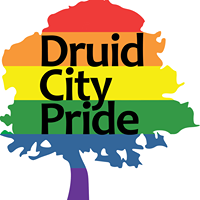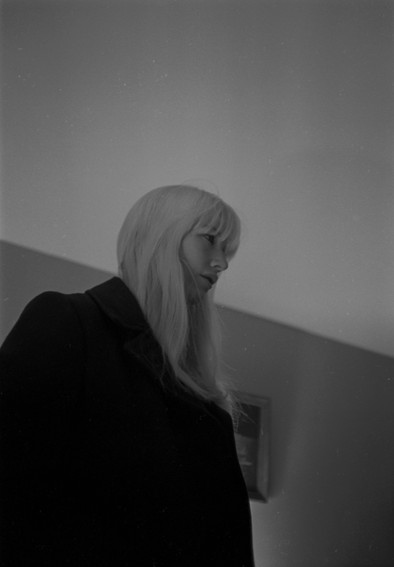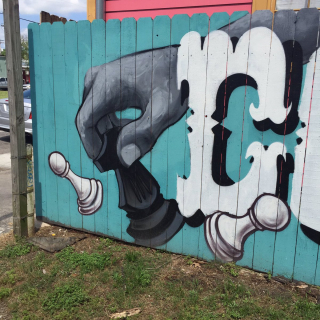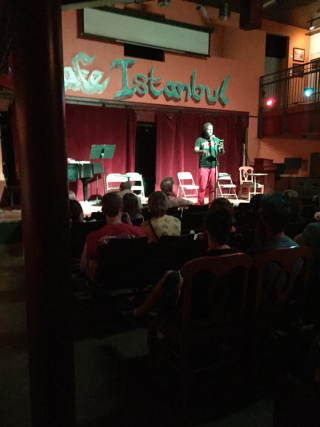1. The concept
I am deeply grateful to Paul Rabinowitz (and David Crews) for enlarging my world in a way that now feels irrevocable. Here is the project concept, which I was fortunate to be a part of this year.
The Intonation Project, sponsored by Arts by the Peoples, is a collaboration between North American poets, musical composers from the Jerusalem Academy of Music and Dance, as well as dancers and choreographers from Montclair State University. Six poets will participate in two (virtual) writing residencies to create new work. Artists working in dance and other medias will be invited to the residency to conduct workshops to inspire and broaden an understanding for the project’s focal themes. Once completed, the poems are given to six choreographers who will set each to dance. They will record their work, then both the dance and poems will be sent to Jerusalem where composers will create original scores. This is a circuitous project that emphasizes collaboration, interpretation, and a deeper understanding of the creative voices of others.
I am deeply grateful to Paul Rabinowitz (and David Crews) for enlarging my world in a way that now feels irrevocable.
Jack Puluka dancing in “Retrograde”, which he also edited as videographer.
2. The “kindred souls” and kindling
While working on this project, I couldn’t help thinking how much composing and choreography feels like a form of translation—the generative creational mode that brings art into another language.
Any poem should be translated as many times as possible, even by the same translator over the years. Only fundamentalists believe in a "definitive" translation.
- Eliot Weinberger arguing that all can be translated; the "untranslatable" as that which waits for its translator
There is a sense in which what was so breathtaking was watching how the words would be translated into music and motion, into the languages which fascinate me. Perhaps because I’ve been reading lots of epistolary forms this year—lots of letter between and among poets—Boris Pasternak came to mind, particularly in his view that artistic creation becomes greater than its creator when passing from the subjective realm to the objective realm, or the realm in which one is read independently of selfhood.
Watching Noam, Jack, and Miguel was a little like Pasternak’s epiphany upon reading Marina Tsvetaeva’s “Poem of the End” and Rainer Maria Rilke’s letter:
“Nothing but splinters all about me: there are kindred souls in this world—and how extraordinary they are!”
How extraordinary to feel this kinship across artistic mediums, rather than simply among poets, and to read one’s self apart from one’s self, especially in the case of “Retrograde” which wears its dread like a wedding dress. So I leave the room with words from Marina Tsvetaeva to Rilke, from one creator to another, staring at Orpheus, admiring the distance between wings.
3. The composer
Noam Leor is a Composer, Music Producer, Songwriter and Audio Designer. Born and raised in Israel, Noam was trained both as a pianist and guitarist. Later, out of curiosity and with the belief that there are no real barriers between music genres in the 21th century, Noam became involved with Hip Hop, Avant-Garde, Jazz, Downtempo, Musique concrète and more. Noam just released his third album under the name 'Hrzl', and is currently a student in Jerusalem Academy of Music and Dance, finishing his bachelor degree.
4. The choreographers and dancers
Miguel Miranda, originally from Peru, is a current student at Montclair State University pursuing his BFA in Dance. Miguel has had the privilege of performing works by Ohad Naharin, Frederick Earl Mosley, Eduardo Vilaro, Antonio Brown, Gregory Dolbashian, Joshua Manculich, Jessica Di Mauro, Donna Scro, and many others.
Jack Puluka is a New Jersey resident & currently a sophomore BFA dance major at Montclair State University. Jack began his dance career specializing in Irish dance. Under the training of Maureen Collins at Lynn Academy of Irish Dance, he taught & assisted choreographed traditional Irish dance classes. Jack has both performed in & instructed classes for Hammerstep Irish dance Company, since joining the organization in 2018. He started formal contemporary dance training at Somerset County Vocational & Technical High School. At Montclair he’s performed in works set by Jessie DiMauro, Christain Von Howard & Brandin Steffensen. Jack hopes to further pursue teaching & performing in a variety of different genres. As well as continuing to expand his dance vocabulary in choreography, dance education, & editing for dance film.
5. The final performance
And all my gratitude for the beauty and inspiration it brought to my life.
"Retrograde" by Alina Stefanescu
Composer: Noam Leor
Choreography: Jack Puluka, Miguel Miranda
Costumes: Jack Puluka, Miguel Miranda
Videography: Jack Puluka, Miguel Miranda
Editing: Jack Puluka






